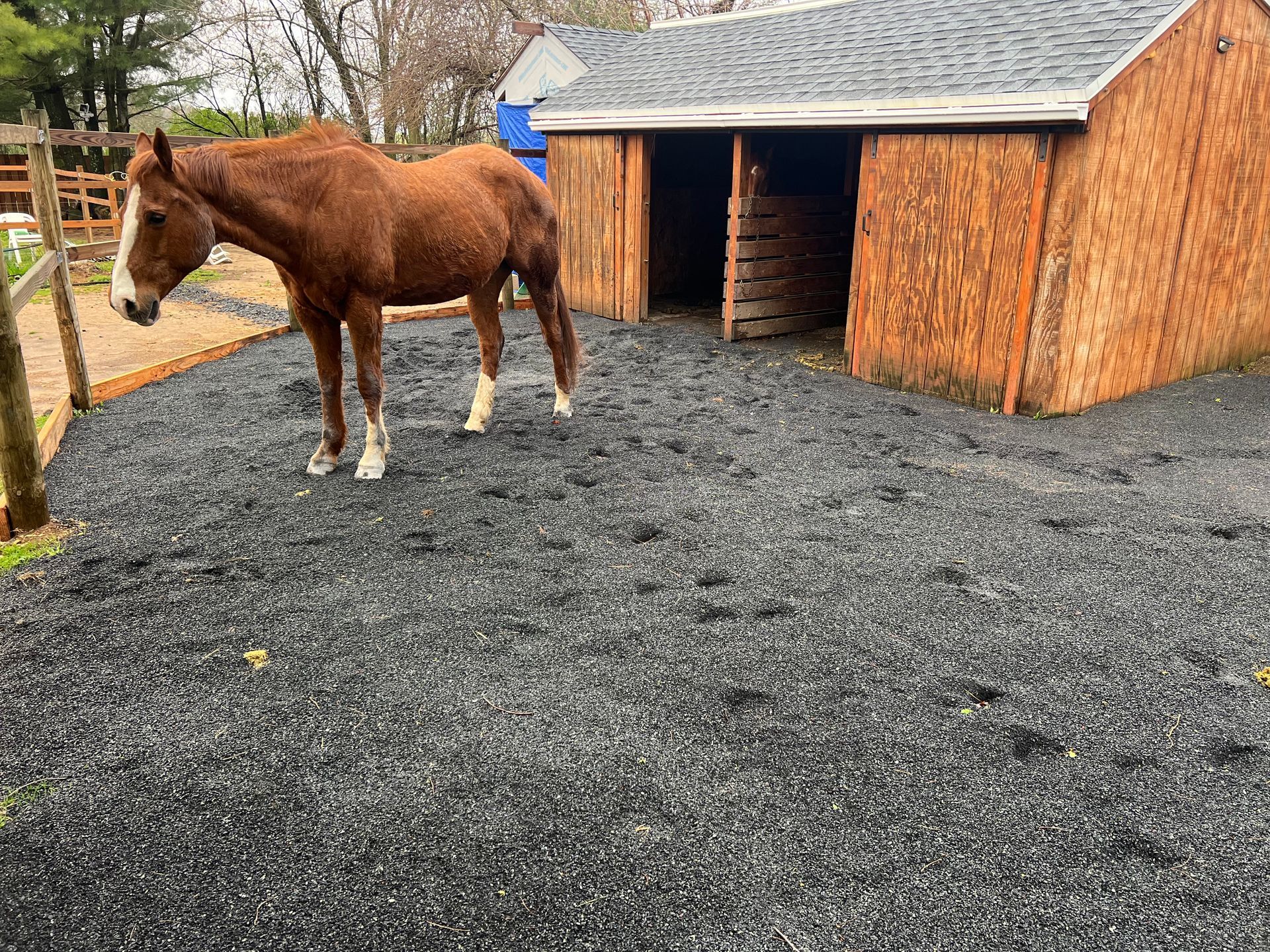Hoof Care Provider/ Farrier Services
Hoof Care Provider/ Farrier Services
What's the deal with diet?
One Minute Discussions #1
Discussing Natural Hoof & Horse Care
If you have me as your farrier or know me just a little you probably heard me mention something about proper horse diet. To some it’s annoying (totally get it 😂), to some it’s very informative, others don’t want to get into that stuff.
So what’s the deal with diet? Why am I always asking owners to limit sugars and starches for their horses?
To answer shortly, your horses health depends on it. We are what we eat, right? Why can’t this be true with horses?
There’s tons of new research done by many people that prove the detrimental effect sugars and starches have in hooves (and overall health of the horse). Sugars are found in that lush, green pasture you have in your backyard. Starches are found in the grains you buy at tractor supply. Where’s the proof?
All we have to do is…. google it 😂
(links at the end)
No but I’m serious. I’m trying to help you and your horse. When I go there to trim your pasture mate, I make certain changes biomechanically. This means that I “rebalance” the hoof, adapt to the patterns of wear and try to make the horse land properly and comfortably. That’s where my job ends. I can’t control what happens next or what the horse eats the next 4 weeks that I’m gone. But you can. And believe me, it makes a difference.
We wonder why the hoof won’t grow out a crack or a split, why the horse has crumbly, poor-quality walls, why the soles are thin, why there’s thrush and white line disease, why there’s lameness and discomfort…. hmm🤔, have you tried switching the diet?
Often I get a reply - “It won’t help” or “I tried pulling shoes, he just can’t be barefoot”
Switch the diet and see for yourself! I bet you a nickel you’ll see a difference 😁
No, limiting starches and sugars doesn’t mean starving the horse. There’s great and healthy alternatives to grains and grass, and you get to keep the weight on the horse. In fact, we’re so used to seeing fat horses that we count it as normal! It’s not! Obese horses are as bad as starved ones.
So please, keep an eye out for crests, fat pads, poor-quality hooves and lameness issues. Perhaps the problem is not in the trim… it’s in the diet.
https://drkhorsesense.wordpress.com/2021/09/24/learn-to-recognize-an-overweight-horse/
https://www.hoofrehab.com/Diet.html
All Rights Reserved | NJHoofRehabandTrimming
